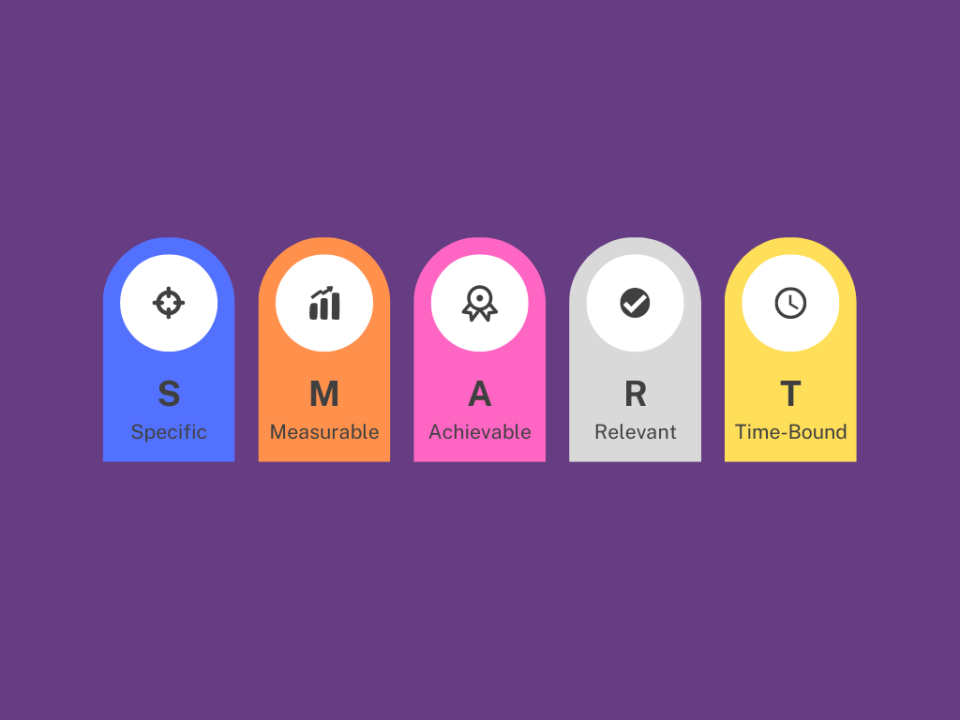The Underrated Role Of Middle Managers: Contributing To A Thriving Workplace

Table of Contents
Bridging the Gap: Communication and Collaboration Between Leadership and Employees
Middle managers act as a vital bridge, translating high-level strategies from leadership into actionable tasks for their teams. This crucial role ensures everyone is aligned and working towards common goals. Effective communication is paramount. They facilitate a two-way flow of information, ensuring feedback from employees reaches upper management and vice-versa. This open dialogue improves employee morale and understanding of the company's vision.
- Clear and Consistent Communication: Middle managers must utilize diverse communication channels—meetings, emails, one-on-ones—to ensure all team members receive crucial information.
- Active Listening and Feedback Mechanisms: Creating an environment where employees feel comfortable providing feedback is critical. Regular feedback sessions, surveys, and open-door policies can encourage this.
- Translating Complex Information: Middle managers simplify complex strategies and directives from upper management, making them easily understandable for their teams.
- Interdepartmental Collaboration: They foster collaboration not only within their teams but also across departments, breaking down silos and promoting a more integrated work environment. This leads to improved project coordination and efficiency.
Driving Performance and Productivity Through Effective Team Management
Effective middle managers are masters of team management, directly impacting their team’s productivity. They achieve this by setting clear goals and expectations, leveraging individual strengths, and providing consistent support and mentoring.
- Goal Setting and Delegation: They define clear, measurable, achievable, relevant, and time-bound (SMART) goals for their teams, ensuring everyone understands their contribution. This includes effective delegation, assigning tasks based on individual skills and experience.
- Performance Management and Feedback: Regular performance reviews, coupled with constructive feedback, are essential. This helps employees understand their strengths and areas for improvement, fostering growth and development.
- Mentoring and Employee Development: Middle managers act as mentors, guiding and supporting their team members' professional development. This fosters loyalty and increases employee retention.
- Productivity Enhancement Strategies: They identify bottlenecks and implement strategies to improve team efficiency, such as process optimization, technology implementation, or improved workflow management.
Fostering a Positive and Engaging Work Environment
The work environment significantly impacts employee engagement and job satisfaction. Middle managers are key players in cultivating a positive and inclusive team culture where employees feel valued and supported.
- Building a Strong Team Culture: This involves fostering open communication, promoting teamwork, and celebrating successes. Team-building activities and social events can further enhance team cohesion.
- Employee Recognition and Rewards: Acknowledging and rewarding employee contributions, both big and small, is crucial. This boosts morale and motivates employees to perform their best.
- Promoting Work-Life Balance: Middle managers should lead by example, demonstrating a healthy approach to work-life balance and encouraging their team members to do the same.
- Conflict Resolution and Wellbeing: Addressing conflicts promptly and fairly, promoting employee wellbeing, and creating a supportive environment are essential aspects of fostering a positive workplace.
The Importance of Middle Manager Training and Development
Investing in middle manager training is crucial for organizational success. Training programs should focus on enhancing their leadership skills, communication strategies, conflict resolution techniques, and performance management capabilities.
- Leadership Skills Development: Training should cover topics such as motivational leadership, effective delegation, and decision-making.
- Communication and Conflict Resolution: Improving communication skills, both written and verbal, as well as strategies for effective conflict resolution, is paramount.
- Performance Management Techniques: Training in performance appraisal, feedback delivery, and employee development methods is crucial for effective team management.
- Addressing Skill Gaps: Identifying and addressing skill gaps through targeted training ensures middle managers have the tools to succeed and support their teams effectively.
Conclusion
Effective middle managers are not simply cogs in the machine; they are the driving force behind a thriving workplace. Their ability to bridge communication gaps, drive performance, and foster a positive work environment is undeniable. By recognizing their vital role and investing in their development through targeted training and mentorship, organizations can unlock significant potential. Empower your middle managers to lead, communicate, and inspire; it's an investment that will yield substantial returns in a truly thriving workplace.

Featured Posts
-
 Alfoeldi Talajnedvesseg Kritikus Szarazsag Es A Hideg Karos Hatasai A Noevenytermesztesre
May 28, 2025
Alfoeldi Talajnedvesseg Kritikus Szarazsag Es A Hideg Karos Hatasai A Noevenytermesztesre
May 28, 2025 -
 Ou Acheter Le Samsung Galaxy S25 512 Go Au Meilleur Prix
May 28, 2025
Ou Acheter Le Samsung Galaxy S25 512 Go Au Meilleur Prix
May 28, 2025 -
 Sinners Return From Suspension A French Open Preview
May 28, 2025
Sinners Return From Suspension A French Open Preview
May 28, 2025 -
 Nba Playoffs Tyrese Haliburton Betting Preview Knicks Vs Pacers Game 3
May 28, 2025
Nba Playoffs Tyrese Haliburton Betting Preview Knicks Vs Pacers Game 3
May 28, 2025 -
 Open Ais South Korea Expansion Fueling Future Growth
May 28, 2025
Open Ais South Korea Expansion Fueling Future Growth
May 28, 2025
